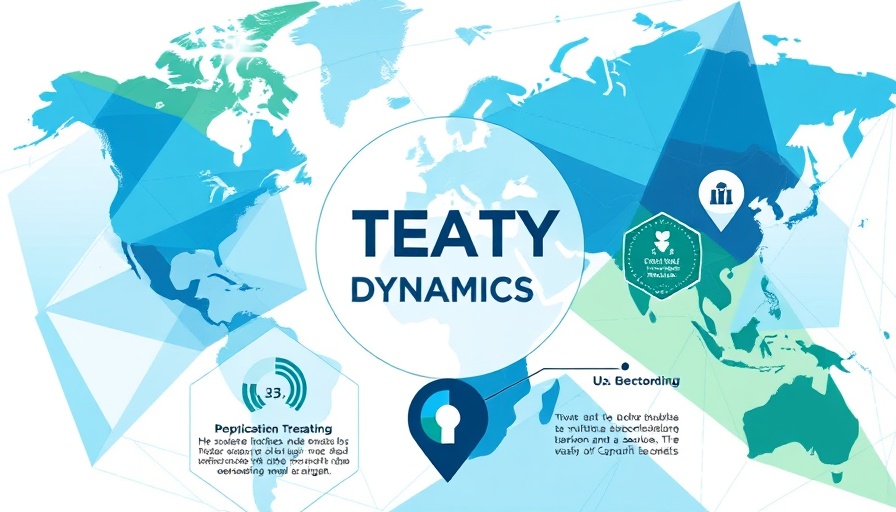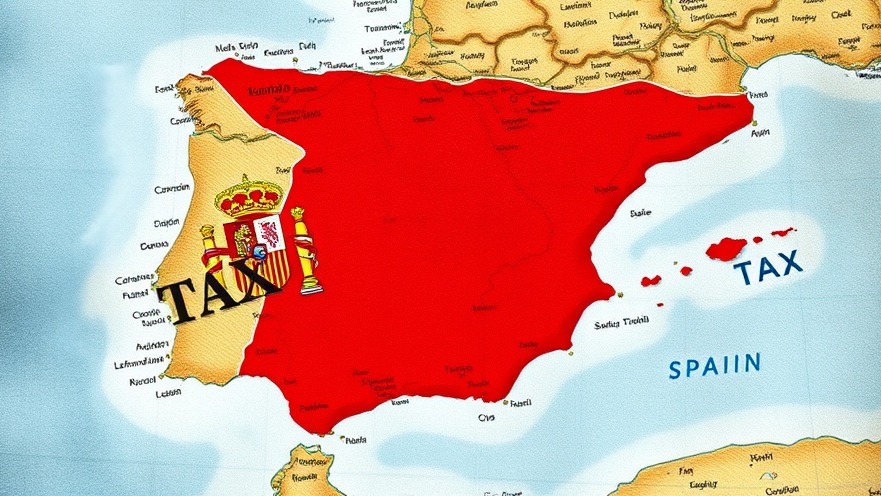
Unlocking Expat Resources: A Smart Approach to U.S. Tax Treaties
For American expatriates, the complexities of tax season can cast a shadow over the allure of living abroad, whether they’re working in Singapore or retiring in Paris. Fortunately, U.S. tax treaties offer a sophisticated solution designed to mitigate double taxation and provide substantial financial relief. As a retiree or a digital nomad, understanding these treaties could be the key to unlocking global tax relief and financial peace of mind.
What Are U.S. Tax Treaties and Why Are They Important?
U.S. tax treaties refer to agreements between the United States and other nations that detail how residents of each country will be taxed, particularly regarding income earned overseas. These treaties are critical for expats for several reasons:
- Prevent Double Taxation: Tax treaties primarily aim to ensure that expats do not pay taxes on the same income in both the U.S. and their resident country.
- Allocate Taxing Rights: They clarify which nation holds the right to tax various forms of income, such as wages, pensions, dividends, and interest.
- Provide Tax Relief: Tax treaties often offer exemptions, deductions, or credits that can significantly lower the overall tax burden for expatriates.
How Do U.S. Tax Treaties Work for Expatriates?
Understanding how these treaties function can save expats substantial amounts of money:
- Exempting Income: In specific cases, your income earned in your host country may be exempt from U.S. taxation.
- Tax Credits: If you pay taxes on the same income in both countries, you may be eligible to claim a foreign tax credit. This credit reduces your U.S. tax obligation by acknowledging taxes already paid abroad.
- Lower Tax Rates: Many treaties reduce the tax rates on certain income types, such as dividends or interest, which would typically face higher rates under standard U.S. tax laws.
- Tiebreaker Rules: When an individual qualifies as a resident of both countries, treaties include specific rules to determine which country has the right to tax.
Navigating these exemptions and credits can be overwhelming, especially for retirees or those unaccustomed to tax law. It is often beneficial to consult tax professionals who specialize in U.S. expatriate taxation for tailored advice.
Regional Insights: Which U.S. Tax Treaties are Most Beneficial?
Understanding which tax treaties are most beneficial varies by region. Here are some highlights:
-
North America:
- Canada: The comprehensive treaty allows cross-border workers unique provisions.
- Mexico: This treaty includes special considerations for seasonal workers and retirees.
-
Europe:
- United Kingdom: Offers extensive provisions particularly useful for financial professionals.
- Germany: Good protections for research and technology workers.
- France: Contains specific rules for cultural and scientific professionals.
-
Asia:
- Singapore: Known for its favorable tax climate, protecting income variously earned.
Common Misconceptions About U.S. Tax Treaties
Many expats maintain misunderstandings about tax treaties:
- All Income is Taxed: Many believe that all income is subject to U.S. tax, but treaties may exempt income from foreign-based work.
- Paperwork Complexity: While tax treaties require forms to be filled out, they can simplify long-term obligations rather than complicate them.
Breaking down these misconceptions will aid in making more informed decisions regarding finances abroad.
Taking Action: Your Pathway to Tax Savings
To navigate the complexities of U.S. tax laws as an expatriate, proactive measures are vital. Keep thorough records of your income and tax filings, consult with tax professionals knowledgeable in international tax law, and stay informed about the latest treaty developments to ensure you’re maximizing your financial benefits.
In conclusion, understanding U.S. tax treaties can unlock vital financial advantages for expatriates. Whether you’re living in a tropical paradise or historic European city, these treaties can provide significant savings and prevent the burden of double taxation. Don’t let tax season cast a shadow over your international experience.
Want to make sure you’re not overpaying in taxes as an expat? Reach out to experts today!
 Add Row
Add Row  Add
Add 




Write A Comment